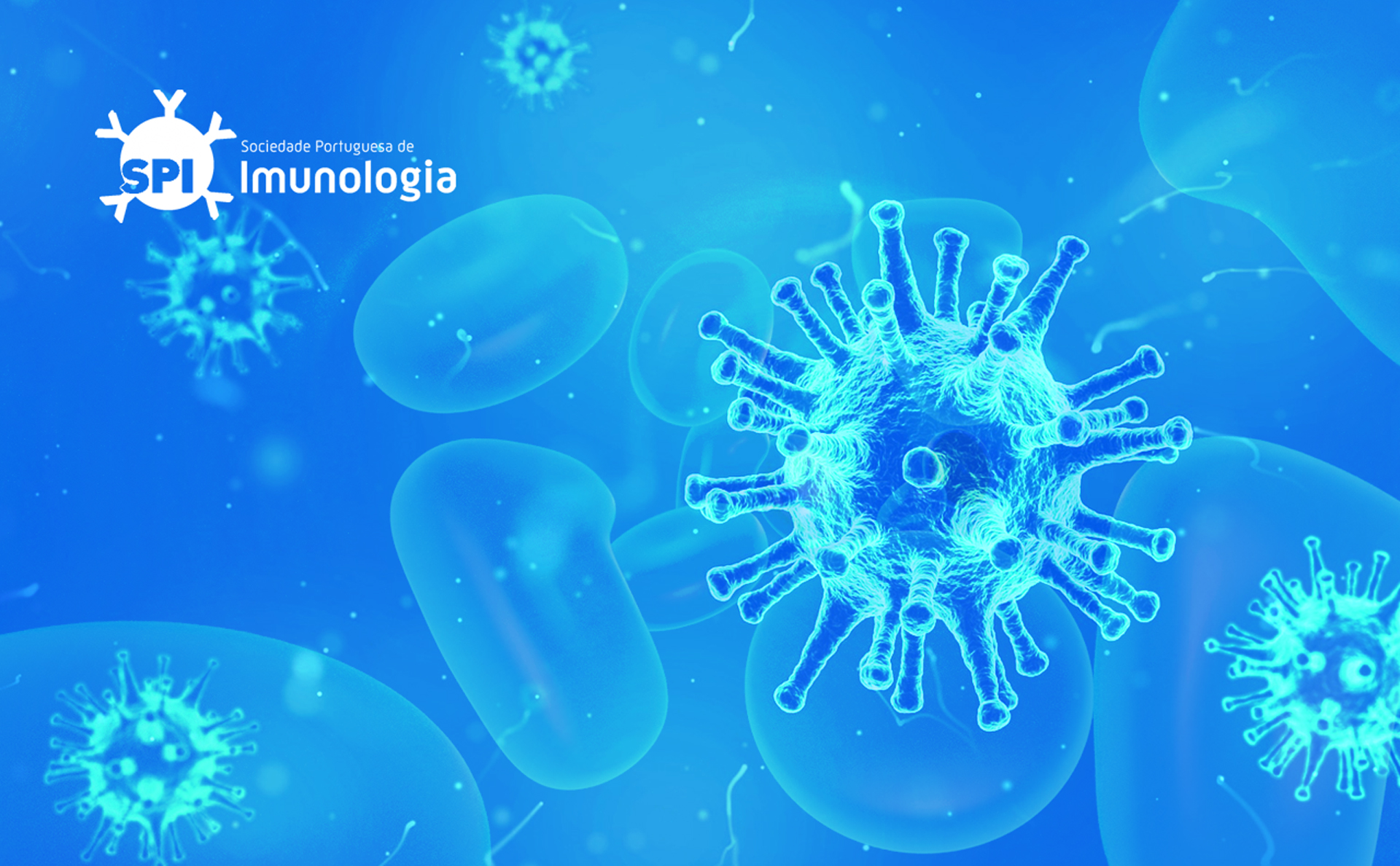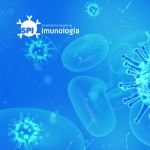Interview: Caetano Reis e Sousa
Our first interview for “SPInform” is with Caetano Reis e Sousa, a leading figure in Immunology who was raised in Portugal until he emigrated to the UK aged 16. Caetano got his PhD in 1992 from the University of Oxford, and then trained as a postdoctoral fellow in the USA with Ron Germain at the National Institutes of Health. In 1998 he joined the Imperial Cancer Research Fund, later re-named Cancer Research UK London Research Institute, as a group leader. His laboratory became part of the Francis Crick Institute in 2015. He is currently a Principal Group Leader and Assistant Research Director at the Crick and Head of the Immunobiology Laboratory, which focuses on dendritic cell (DC) biology, from dissecting DC subtypes in mouse and in human, to investigating innate immune receptors and signaling pathways that activate or regulate DCs, and thus T cell priming.
Caetano’s contributions have been widely recognized with many awards (including the Louis-Jeantet Prize for Medicine 2017 and the Bial Award in Biomedicine 2019) and he has been included in the yearly list of Highly Cited Researchers since 2014. He is a fellow of the Royal Society (elected 2019), fellow of The Academy of Medical Sciences (elected 2006), a member of the European Molecular Biology Organiation (EMBO; elected 2006) and was made an Officer of the Order of Sant’Iago da Espada by the government of Portugal in 2009.

How (or why) did you become an Immunologist?
By chance! I started my DPhil (PhD) at Oxford working on steroid regulation of gene expression. After 3 months was eager to leave that lab. No-one wanted to take me on until, by chance, I met Jon Austyn, an immunologist working on dendritic cells. This was in 1989, when those cells were a “cottage industry” largely ignored by immunologists. But I was desperate and very happy that someone was willing to “rescue” my PhD. It was my first proper exposure to immunology and I became fascinated.
What do you perceive as key decisions during your training and career?
Perhaps the key ones were to do a postdoc in the USA and afterwards to return to Europe to set my lab in London. But calling them “decisions” does not mean they were thoughtful choices. They were the result of much serendipity and luck.
Who has been the Mentor(s) that most influenced (and how) your scientific path?
I always say that I learned all I know about Immunology from Ron Germain, my postdoc mentor at NIH. But he taught me much more than Immunology, namely how to think and do high quality science. However, I have had multiple “mentors” throughout life. I am grateful to many colleagues and friends who have provided advice in many formal and informal interactions over the years. And to my wife, who is also a scientist and a wise sounding-board.
Can you pinpoint some “eureka” moments or special achievements along your path?
Scientific discovery proceeds along a convoluted path with many small steps and missteps. The notion of “eureka” moments misrepresents the process. Occasionally, you take a bigger step but you often only realise this in retrospect. Looking back, some of my bigger steps were when we found that single stranded RNA was the trigger for TLR7 or that RNA containing 5’ phosphates was the agonist for RIG-I, explaining how those innate immune receptors detect RNA viruses. Or when we realised that DNGR-1 recognises dead cells because it binds to F-actin exposed on cell corpses. These were all moments of much intellectual satisfaction and admiration at the cleverness of Nature.
What are the questions that excite you most in your current research?
I am very interested in understanding how the immune system detects and responds to the presence of antigens present within dead cells. This is an area of particular importance for cancer immunology with therapeutic implications.
What advice would you give to young, Portugal-based trainees in Immunology?
Ask important questions, seek to answer them using different approaches, discuss your findings with others … and repeat. Intersperse with a walk, a trip to the beach or an “imperial”!
You have kept tight links with Portuguese Immunology and the SPI. Could you mention some examples of this relationship, and how do you see the SPI evolving?
I left Portugal when I was 16 and did not “grow up” within the Portuguese Immunology community. However, I have been fortunate to encounter it later in life, through meeting many of its members at SPI meetings, visits to Portugal and multiple encounters abroad. Immunology is evolving and is now as much about tissue biology, neurobiology, endocrinology, as it is about the immunological tradition of studying innate and adaptive immunity to pathogens. The SPI will continue to play a key role as a nexus that brings together the many Portuguese researchers interested in these issues and connects them to each other and to the wider worldwide community.











